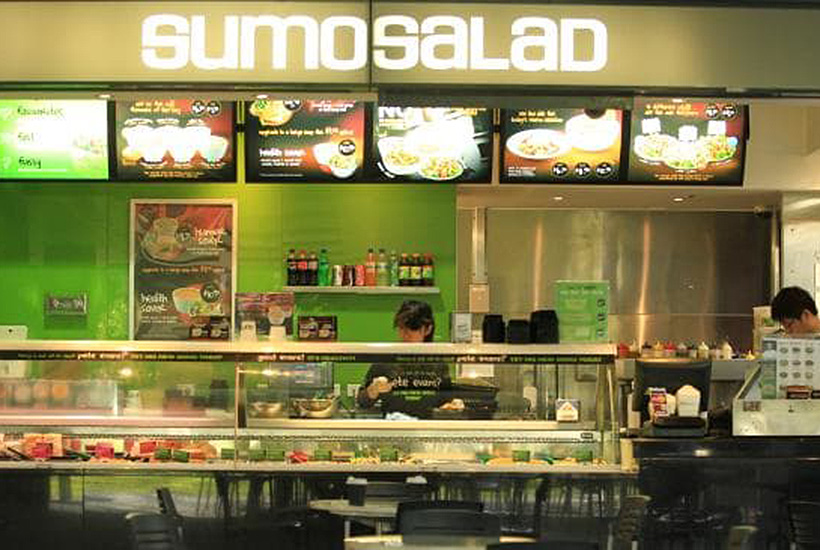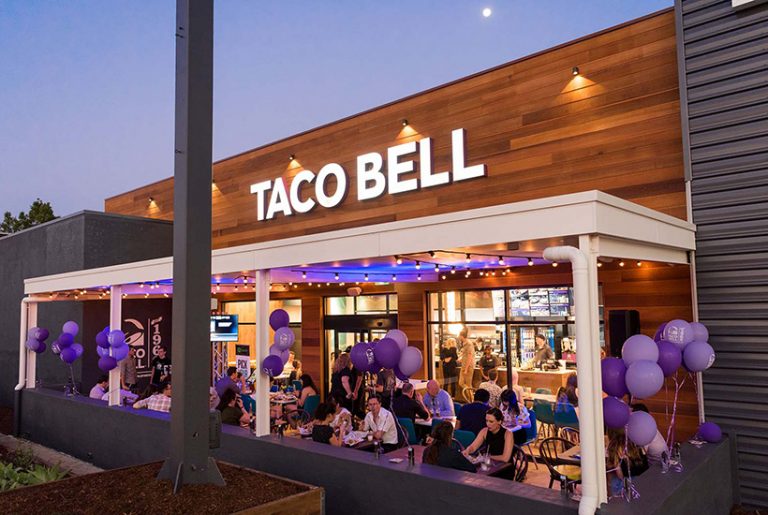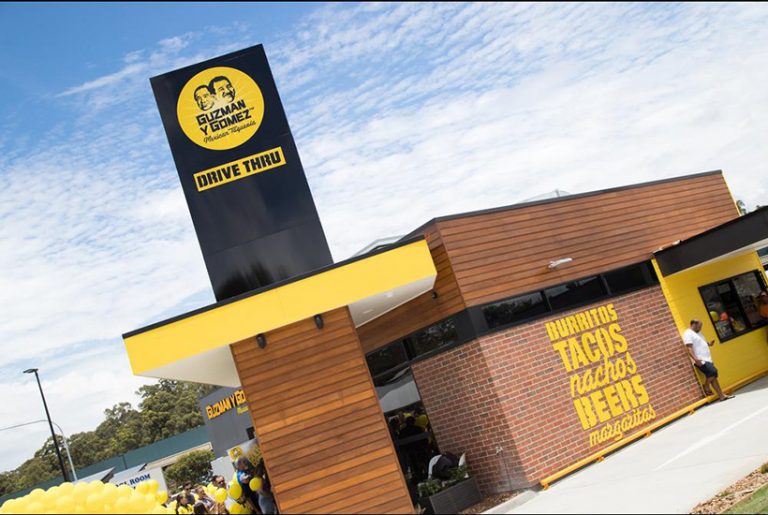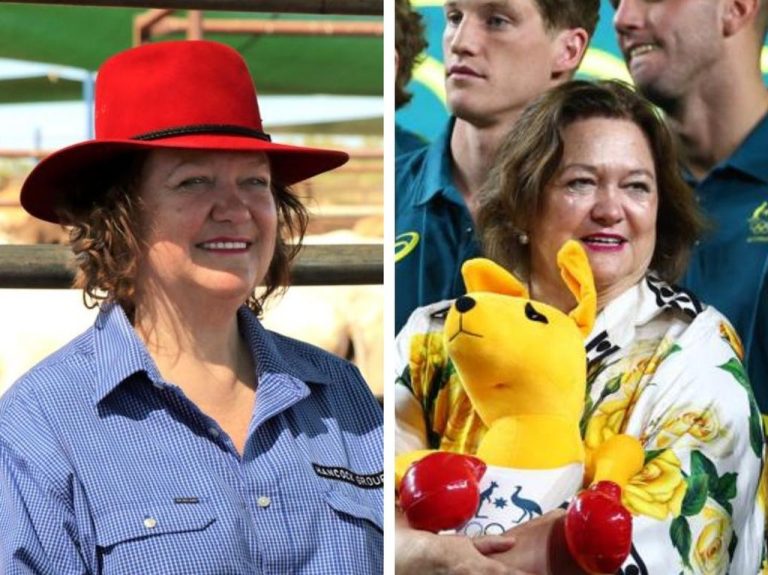Administrators put Sumo Salad back on menu

Healthy eating chain Sumo Salad Group will be put on the block by administrators Ferrier Hodgson which quietly took over the bulk of its 85-store network last week.
The owners are looking to restructure the company’s debts but called in Ferrier Hodgson partners Morgan Kelly and Peter Gothard last week after a sales process run last year failed to secure a buyer.
Kelly insists that it is business as usual for the franchise group, with stores in Western Australia not affected by the administration.
Commercial Insights: Subscribe to receive the latest news and updates
“We will shortly be commencing a sale process, to identify a strategic partner or potential buyer to build on the growing demand for healthier fast food options,” Kelly says.
Sumo Salad Group is a “strong brand” with a viable business model, he says “with the support of key stakeholders, we are confident that the business can be restructured successfully”, he adds.
The administration is aimed at giving the Sumo Salad Group some breathing space so it can be restructured.
Kelly says the business is profitable but is struggling with legacy debts. “We are confident that there will be significant interest in this iconic and well-established brand,” he says.
Sumo Salad last year capitalised on insolvency laws to force local Westfield shopping centres, owned by the Scentre Group, to accept lower rents for franchisees.
However, Sumo Salad, led by co-founder Luke Baylis, closed some outlets as part of the deal. The chain had argued that its franchisees had been hit as the opening of new dining areas had cannibalised its sales.
The sales process last year was run by Allunga Advisory. There were hopes last year the business could sell for up to $50 million in a process advisers dubbed “Project Sirona”.
Sumo Salad turned over $57.5 million during the 2017 financial year in gross revenue and made $1.37 million in normalised earnings before interest, tax, depreciation and amortisation.
Sale documents outlined plans to boost earnings to $8.7 million by fiscal 2020 and the chain was promoted as “Australia’s largest and most respected healthy fast-food brand”.
Sumo Salad has been retreating from food courts in shopping centres and moving towards cafe-style formats around transport hubs, allowing it to keep more revenues as it pays less rent.
Partnerships have also been struck up with Jetstar, Lagardere, Caltex and several fast food groups, with more venues to be opened in airports, universities, office towers and hospitals. Home delivery and supermarket offerings are also being explored.
This article originally appeared on www.theaustralian.com.au/property.







